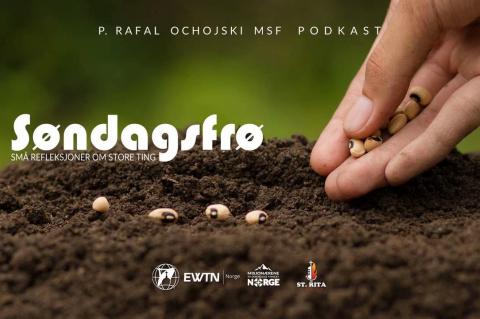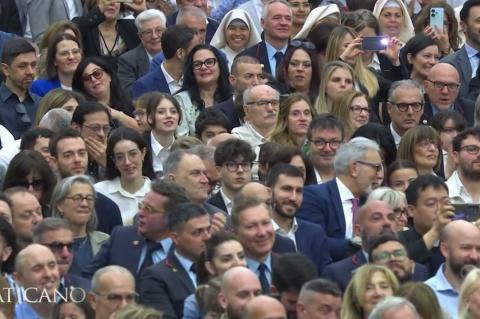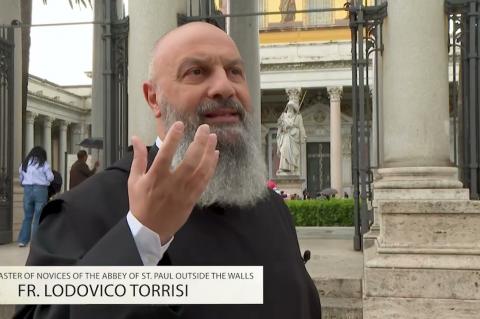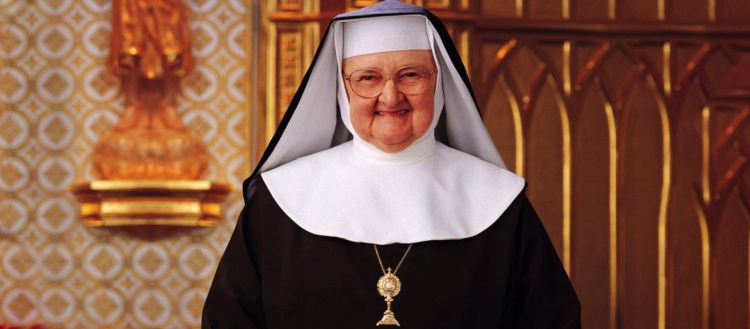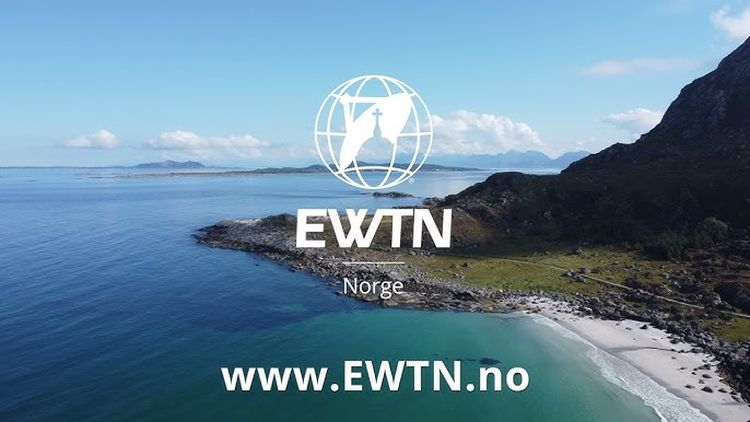EU Official: Religious Freedom Efforts Lacking
EU Official: Religious Freedom Efforts Lacking
A longtime lawmaker in the European Union says the body is not doing enough to promote and to protect the freedom of religion.
The European Union’s first religious freedom envoy was the Slovakian politician Ján Figel. He told EWTN that his appointment to the role in 2016 inspired other countries to take the promotion of religious freedom abroad more seriously. Andreas Thonhauser EWTN Vatican Bureau Chief spoke to Jan Figel of Slovakia.
You have been the first special envoy for religious freedom of belief for the European Union. Is there being done enough today in Europe and maybe around the world to protect religious freedom?
Definitely not enough is done by the European Union and its member states. When I was first EU special envoy, this issue was visible and I think also effective for those who suffer. Messages, even saving lives was part of our agenda and results. Now there is very little voice heard or activity seen from the European Union, and that's detrimental. I think the European Union after elections should establish not only an envoy, but a very visible and effective policy agenda on freedom of religion or belief for all. This should be part of external action, international development, maybe in tandem with the United States, which have 25 years of a good story and a very strong experience with this agenda. I think it’s a must if we want to stay credible in the area of human rights. This is the litmus test of all human rights.
Why is it important to speak more about human dignity?
We live in times of controversies and ideologies, and there is more and more misinterpretation of human rights. We believe that they are universal. They are interrelated, indivisible, etc., and the base of our human rights is dignity, and therefore the understanding of dignity, promotion of dignity, education on dignity is very much needed. Therefore, I propose Human Dignity Day as part of the initiative, which is already visible because there was a Punta del Este Declaration on human dignity for everyone, everywhere, adopted in 2018 as a part of commemoration of the UDHR, but also recommitment to the UDHE. And now, after five years, we are again invited to do more.
Just recently, the Vatican also published a new document on dignity called Dignitas Infinita. Can you tell us a little bit more how this is related to human dignity and what you're asking?
There is a strong and deep nexus between human dignity and religious freedom. And I will recall another document of the Holy See, or better to say, Second Vatican Council from 1965, called Dignitatis Humanae, the document on religious freedom. And this again confirms this nexus and importance of religious freedom for living together in peace and in community. Because every one of us has rights and duties which start with freedom of thought, freedom of conscience, and freedom to believe or not to believe, to have convictions and all other rights are subsequent.
Thank you very much.
You're welcome.
Adapted by Jacob Stein


